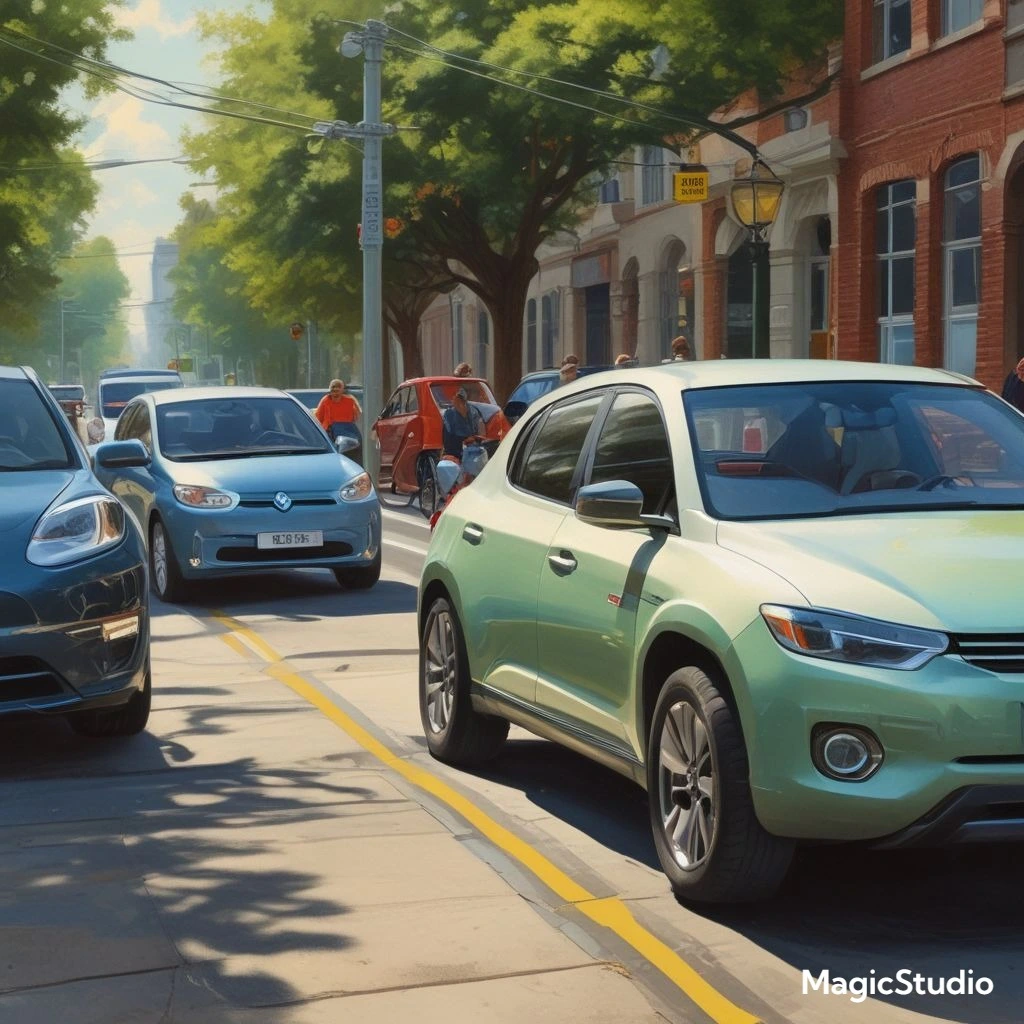Electric cars are becoming more popular as people look for cleaner and more efficient ways to travel. But what exactly are electric cars, and what are the benefits and challenges of driving one?

What are Electric Cars?
Electric cars, or EVs (Electric Vehicles), run on electricity instead of gasoline. They use a large battery to store power, which is used to run an electric motor. This means electric cars don’t need a gas tank or an engine like traditional cars.
EVs can be charged at home using a regular power outlet or at special charging stations. Some popular electric cars include the Tesla Model 3, Nissan Leaf, and Chevrolet Bolt.
Benefits of Electric Cars
One of the main benefits of electric cars is that they are much better for the environment. Since they don’t burn gasoline, they don’t produce harmful emissions like carbon dioxide, which contributes to climate change. This makes them a great option for people who want to reduce their carbon footprint.
Electric cars are also cheaper to run than gas-powered cars. Electricity is generally less expensive than gasoline, and EVs require less maintenance because they have fewer moving parts.
Challenges of Electric Cars
However, electric cars do have some challenges. One of the biggest issues is the limited driving range. Most EVs can only travel between 100 to 300 miles on a single charge, which can be inconvenient for long trips.
Another challenge is the charging infrastructure. While more charging stations are being built, they are still not as common as gas stations, which can make it difficult to find a place to charge on the go.
Conclusion
Electric cars offer many benefits, including lower emissions and reduced fuel costs. However, they also come with challenges like limited range and charging infrastructure. As technology continues to improve, we may see electric cars becoming the norm in the future.









